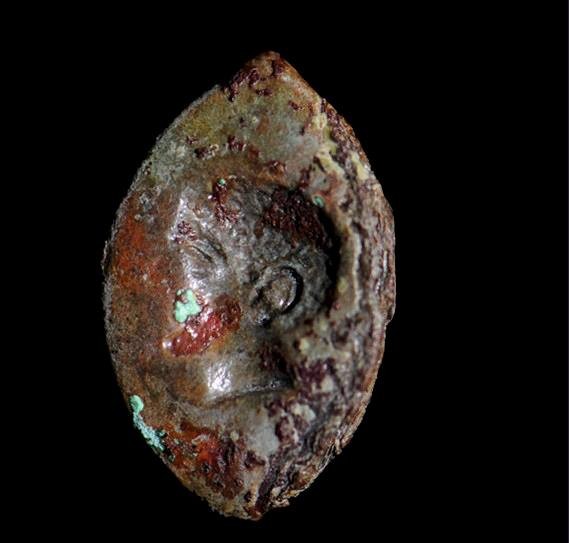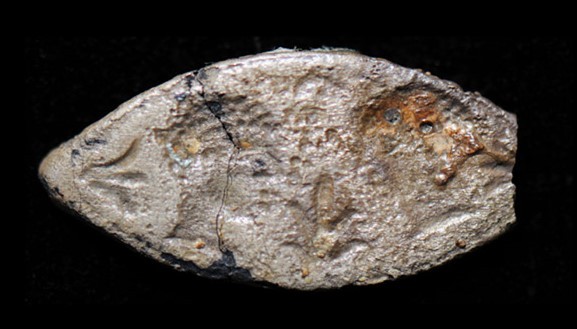Signet rings from the ancient shrine at Gorham’s Cave


Signet rings from the ancient shrine at Gorham’s Cave
These signet rings can be attributed to the Hellenistic phase of the ancient shrine at Gorham’s Cave (3rd to 2nd century BCE) and were made from bronze and silver respectively.
The owners of these rings would have had a very special relationship with them as they depicted an image (of an animal, god, portrait or symbol) which the owner would have chosen to represent their person and family. During this period, it was common to choose images of mythological characters or deities for such rings, which would be used to seal documents and mark other property. It is often very difficult to identify the portrayed character, because clear identifying features are absent, and also in many cases it would have been the portrait of the ring’s owner.
Given the link the rings have with their wearers, they were commonly used as offerings in shrines and temples – a good example not far from Gibraltar is the collection of rings from the Punic shrine of Algaida in Sanlucar de Barrameda (Cadiz). The individual imprint of the rings and their use as offerings suggest a very close and personal connection between the wearer and the shrine’s deity. This link is very apparent in one of the rings shown here. Along with two facing portraits, there is a lotus flower. In ancient times, lotus flowers had great symbolic significance with different deities The lotus flower was one of the symbols used to represent the Punic god Ba’al Hammon and his consort Tanit. It is frequently represented in the North African stelae (inscribed stones, often over cremated graves) dedicated to these deities.
Published: May 17, 2020
Other similar VM - Archaeology
18-20 Bomb House Lane
PO Box 939,
Gibraltar
